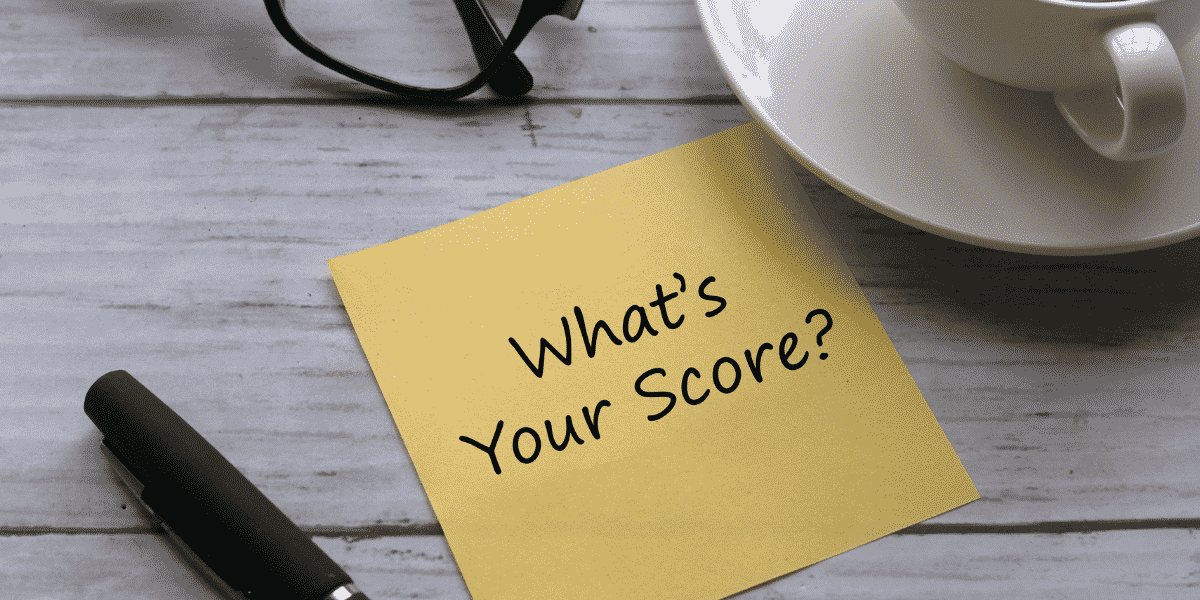Most people have a general idea of how good their credit is. If you pay your bills, don’t borrow too much, and keep a good mix of credit, you’ll probably have very good credit… right? Get to know how you hurt credit score.
Well, not necessarily. There are ways that we inadvertently harm our own credit without even realizing it. Here are 5 things that could be hurting your credit, even if you’re not aware of them.
5 Ways You Could Be Hurting Your Credit Without Knowing
-
You haven’t checked your credit report recently.
Your credit report will tell you all of the information that lenders use to determine your creditworthiness and your credit scores. (As a matter of fact, you actually have multiple credit scores all used for different purposes). The information that they need to know in order to decide whether or not to lend to you is all in your credit report. If you don’t know what’s on your credit report, then you’re left in the dark. You don’t know if you owe something that you forgot about or if there’s a mistake on your report that’s causing you problems.
Many Americans don’t know how they can check their credit report, or if it costs money. Normally, getting access to your credit report will cost some money; however, the US government has made it so that anyone can check their full credit report once a year, from each of the three credit bureaus (Equifax, Experian, and TransUnion), completely free. In order to access your credit report, go to https://annualcreditreport.com (an official US government site) and follow the instructions.
By checking your credit report, you’ll know what items are on there that could be hurting your credit score. Some of those items might be fraudulent, or they might be on your report by mistake. If you find items on your credit report that shouldn’t be there, you can dispute them by contacting the credit bureau that issued your credit report. Finding and eliminating these items is an important part of what credit repair companies like The Credit Pros do.
-
You never closed that phone plan, cable plan, utilities plan, or some other account.
Many telecommunications and energy companies make it very difficult to cancel your subscription, which can cause undue payments to make it to your credit report. Not only that, but sometimes we forget to cancel our subscriptions before we move. As a result, we end up getting bills sent to our old address and we never see them.
Since payment history is an important part of determining your creditworthiness, some of these contracts will be reflected on your credit report. If you miss a payment and the debt becomes past due, goes into default, or goes into collections, this information will be reflected on your credit report and your credit score will be dinged.
You might have no idea if you still have these debts, and the only way to know is to check your credit report. Unfortunately, much of the damage would have already been done, however by settling the debt (preferably with a lump sum payment) you can see that item disappear from your credit report after seven years. You may also be able to arrange something with the company where they agree to get that item removed from your credit report, however this is up to the company’s discretion.
-
You’re not receiving statements from ALL your credit cards (even the ones that you’re sure should have a $0 balance)
Similarly to the situation above, many people don’t receive credit card statements from all their cards. The average American has 3 credit cards, and many Americans have more than three. However, there’s rarely a reason to use all of those cards, so you may be only using one and keeping the others open.
While keeping your credit accounts open is generally a good idea (and you don’t need to have a physical credit card for these accounts in order to do so), you want to make sure that you continue to receive statements for these cards. This is because, in simple terms, stuff happens. A fraudster may get a hold of one of those credit card numbers and start buying things online. Or, you may have made a purchase long ago that you had forgotten. Or, interest charges that accrued later may have stayed on the card. Whatever the case, you need to know whether or not you actually owe anything on ALL the credit accounts you have!
-
Your credit card balance is too high, even if you’re making payments toward it.
One aspect of your credit score is your credit utilization ratio, which is the ratio of credit used over credit available. What does this mean? Let’s say you have a $10,000 limit credit card and your balance is $3,000. This means you have a credit utilization ratio of 30%.
A credit utilization ratio of over 35% is generally considered a negative, as it means you’re using a large chunk of your available credit at one time. Even if you’re making all your payments on time, a high credit utilization ratio could harm your credit score over time.
We recommend asking for a credit limit increase and setting a limit on spending with your bank or credit card provider. This way, you can guarantee that your credit utilization ratio never goes too high.
-
You avoid using credit cards or borrowing money because you’re concerned about debt.
This one is less about hurting your credit, and more about preventing your ability to build credit. However, the hard truth about credit is that bad credit is BETTER than no credit. There is no credit score that is so low that you’d be better off by having no credit history whatsoever.
There are Americans who swear off the use of credit cards and debt entirely in order to avoid potential problems with debt. This is a fine approach if you never intend on buying a home with a mortgage, or securing an apartment for rent in some places, or getting a job that requires a credit check. However, what’s more common is that there are Americans who use credit very sparingly and, as a result, they don’t have enough of a credit history to use debt that could potentially improve their standard of living, secure a business loan, or give them access to leveraged investments such as real estate.
If you are not going to avoid debt entirely for the rest of your life, it’s wise to learn how to use debt responsibly. Check out this article on how to build your credit if you have no credit history!


